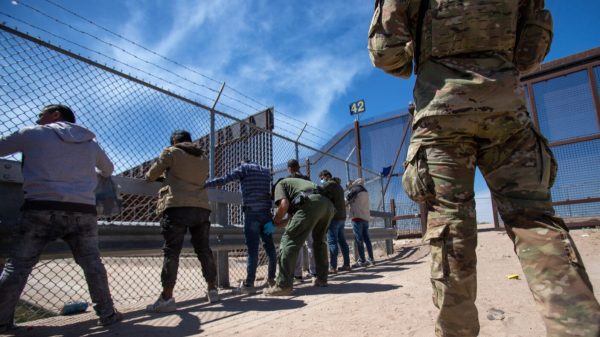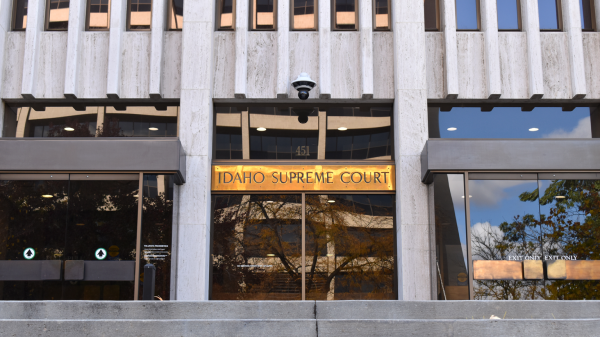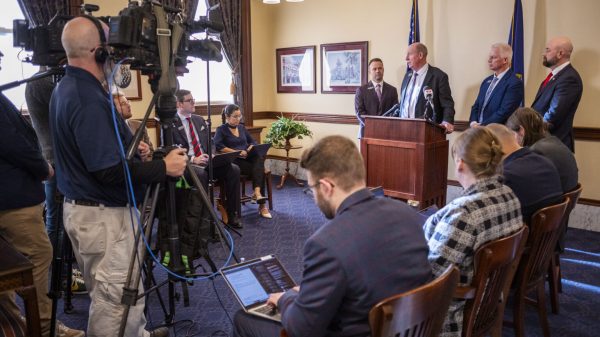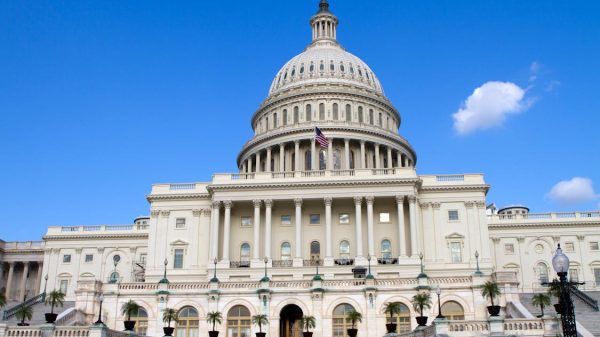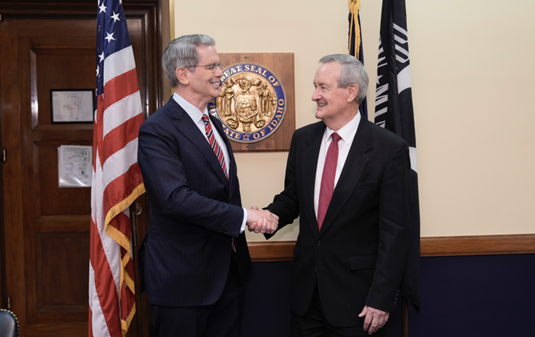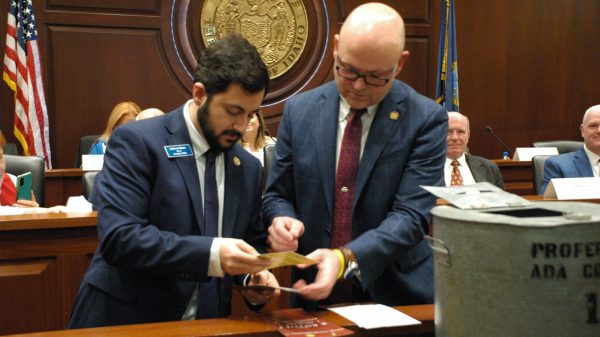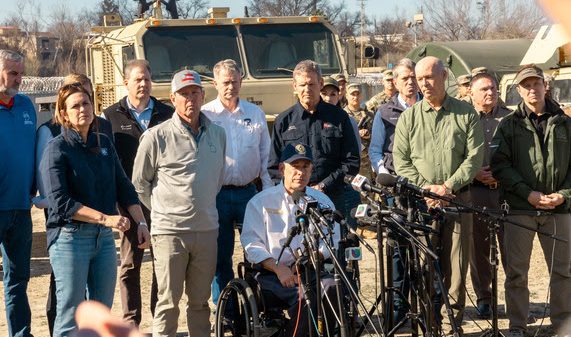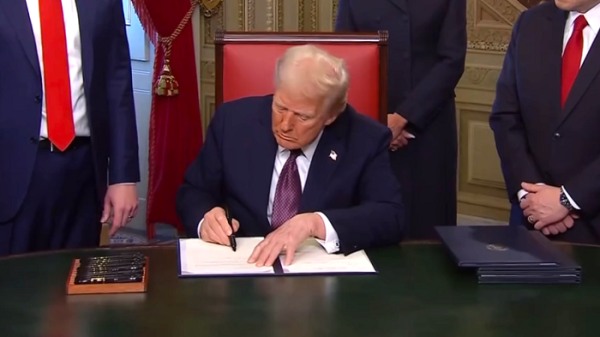(Washington D.C.), Facing uncertain fates in the U.S. Senate after tough confirmation hearings, the two nominees for top intelligence positions in the U.S. have both condemned government overreach and biased intelligence investigations.
Yet Kash Patel, nominee for FBI director, and Tulsi Gabbard, nominee for national intelligence director, disagree on whether agencies should be able to punish unlawful whistleblowing or secretly spy on American citizens.
During his Thursday confirmation hearing before the Senate Judiciary Committee, Patel promised to protect whistleblowers from retaliation and ensure that no taxpayer money is used to hunt down whistleblowers.
Patel worked in intelligence under the first Trump administration, during which time the FBI secretly subpoenaed his records when he began investigating the false allegations that Trump’s campaign colluded with the Russians.
Gabbard, a lieutenant colonel in the U.S. Army Reserve and former Democratic representative from Hawaii, made no such promises, instead promising to promote legal whistleblowing channels and penalizing those who do not follow the rules.
“If people choose to step outside of those legal channels … there will be no excuse to do so and they will be prosecuted,” Gabbard said during her own Thursday nomination hearing before the Senate Intelligence Committee.
The nominees’ views on government overreach reversed when asked about limits on domestic intelligence gathering.
Under federal law, the U.S. government is supposed to obtain a warrant before surveilling American citizens’ electronic communications. But Section 702 in the Federal Intelligence Surveillance Act creates a loophole that allows the government to collect and keep those communications “incidentally” collected, without having to obtain a judicially approved warrant.
Patel argued that a warrant requirement is often infeasible because it can delay crucial data collection.
“Having a warrant requirement to go through that information in real time is just not comported with the requirement to protect American citizens,” Patel said. “The issue has been those that have been in government service and abused it in the past. And so we must work with Congress to provide the protections necessary for American citizens.”
Gabbard said she supports using warrants to carry out data collection – except in perilous circumstances – arguing the requirement ensures queries “are targeted and justified.”
Both nominees emphasized the need to restore Americans’ lack of trust in national intelligence agencies, pledging to restore the public’s trust.
“What the FBI must do while tackling violent crime and protecting America’s national security and sovereignty, is work with Congress – Republicans and Democrats – to expose any government corruption and provide government accountability through transparency,” Patel said.
Following the hearings, lawmakers seemed less wary about Patel than they did about Gabbard. With only a one-seat GOP majority on the Intelligence Committee, Gabbard can’t afford to lose a single Republican vote.
Though chances are slim, Gabbard might still be able to make it to the Senate floor without committee recommendation.











